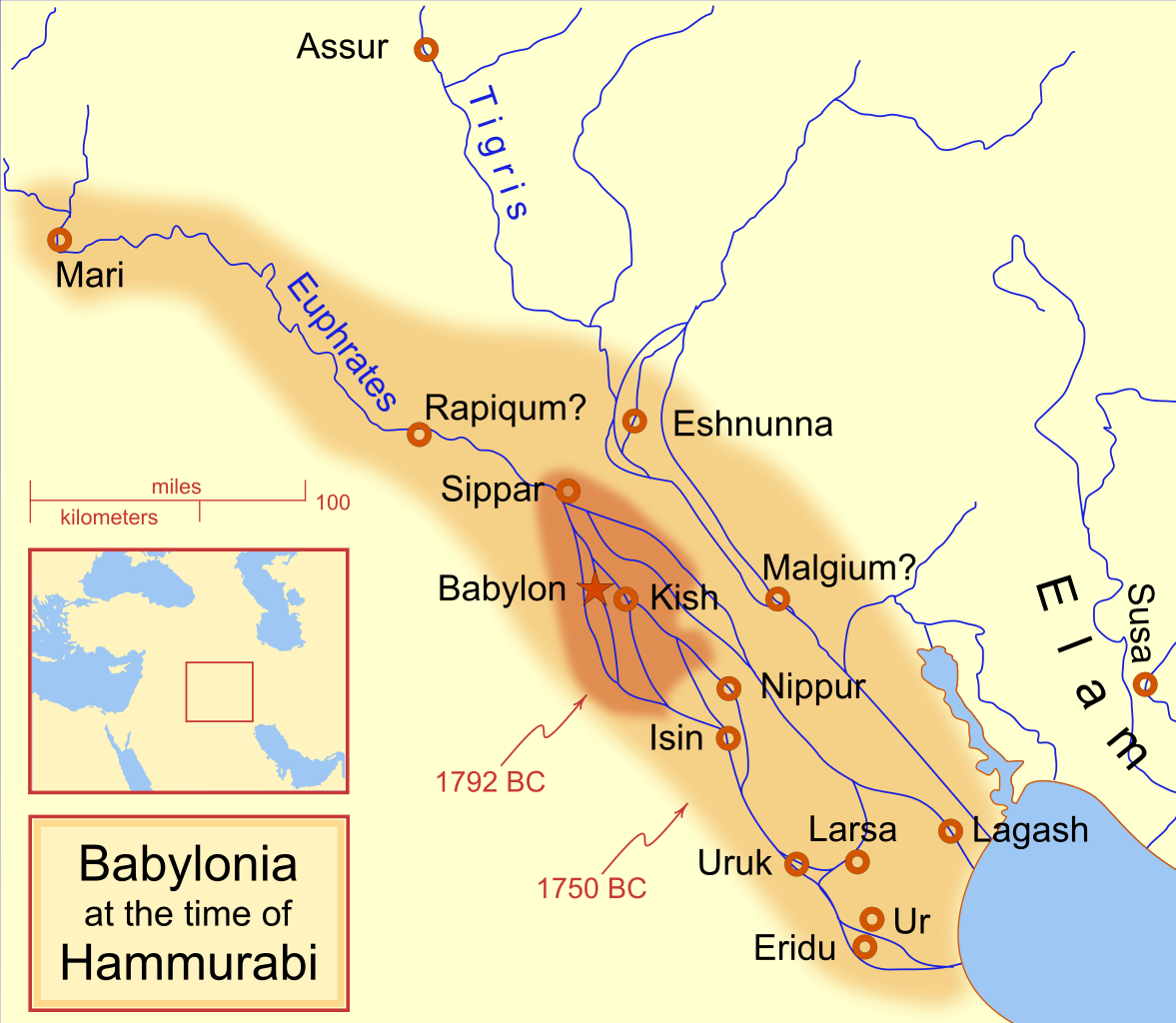http://www.americannamesociety.org/conference-on-babylonian-names-and-name-giving-leuven-belgium-february-8-9-2016/
http://blog.greatermesopotamia.be/#user31
BANANA Conference 2016
ActivitiesGeschrieben von Melanie Gross Di, Dezember 22, 2015 10:58:58The project Greater Mesopotamia Reconstruction of its Environment and History, Work package V:
History and Chronology is looking forward to its First International BANANA Conference
BABYLONIAN NAME AND NAME-GIVING:
WHAT NAMES TELL US ABOUT SOCIAL REALITIES
which will be held at the University of Leuven on February 8–9, 2016.

Recent years have seen major advances in the prosopographic study of cuneiform sources from second and first millennium BCE Babylonia with the publication of a large number of archival documents containing thousands of personal names from the Old, Middle and Neo-Babylonian periods. Thus we have the resources to look for and define patterns in the selection of names and to evaluate their significance.
The study of Babylonian personal names has hitherto focused primarily on the linguistic characteristics of the names, analyzing their constitutive elements and classifying them in different types. However, names also bear socio-historical information about the name-bearer, his or her family and the society in which (s)he lived. They usually reveal a great deal about cultural origins, social situations prevailing at a given time, changing conditions and changes in the structural make up of society or society’s ethnic make-up.
The aims of the conference are to investigate how cuneiform onomastic data can contribute to our understanding of Babylonia’s social history, and which theoretical and technical frameworks are needed to gather and use the vast onomastic data from second and first millennium BCE Babylonia for this purpose successfully. The conference focuses on given names as well as ancestral or family names, and is not limited to one period of Babylonian history but favors a diachronic approach with the focus on changes in naming trends, especially between the second and the first millennium BCE.
The conference endeavors to include a diverse range of perspectives and disciplines concerned with a span of topics, areas and periods as they relate to names and name giving
 practices in Babylonia in the second and first millennia BCE.
practices in Babylonia in the second and first millennia BCE. We welcome talks that situate Babylonia’s onomastic data within theoretical frameworks such as Social Network Analysis or the ongoing structure versus agency debate of the social sciences, and reflect upon the following topics and questions:
- the relationship between the type of name and the person’s belonging to a particular sector of society, as for instance exemplified by the existence of slave names and occupational names (Beamtennamen)
- the appearance of tri-partite names and usage of family names
- the distribution of names and name patterns within families within one generation of the same family and from one generation to the other
- the circumstances surrounding the use of abbreviated names, nicknames (incl. those of the so-called Banana-type), double names and hybrid names (esp. in multicultural environments), and those surrounding the change of name (e.g. passage from one life stage to another; change in the profession, class or status of the person)
- the incorporation of non-Babylonian names into the elite Babylonian families and vice-versa the acceptance of Babylonian names by immigrant populations, and other cross-cultural name combinations seen in the onomastic record that touch upon the elusive concept of “Babylonianess”
- the choice of name in priestly families as a way to express ideological identification
- the feasibility of developing a digital name corpus for first millennium BCE Babylonia through international and interdisciplinary collaboration
More information:
kathleen.abraham@arts.kuleuven.be
melanie.gross@kuleuven.be
program
No comments:
Post a Comment